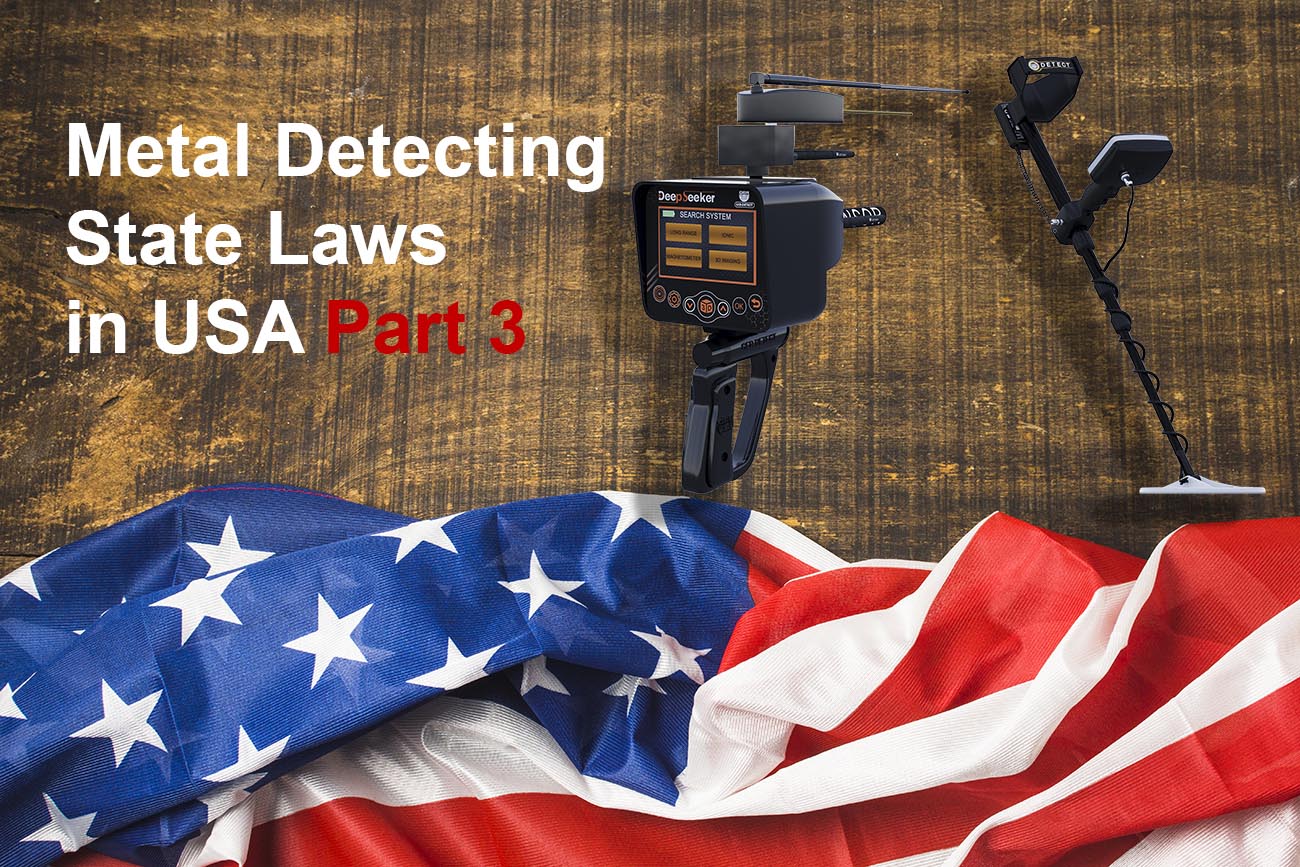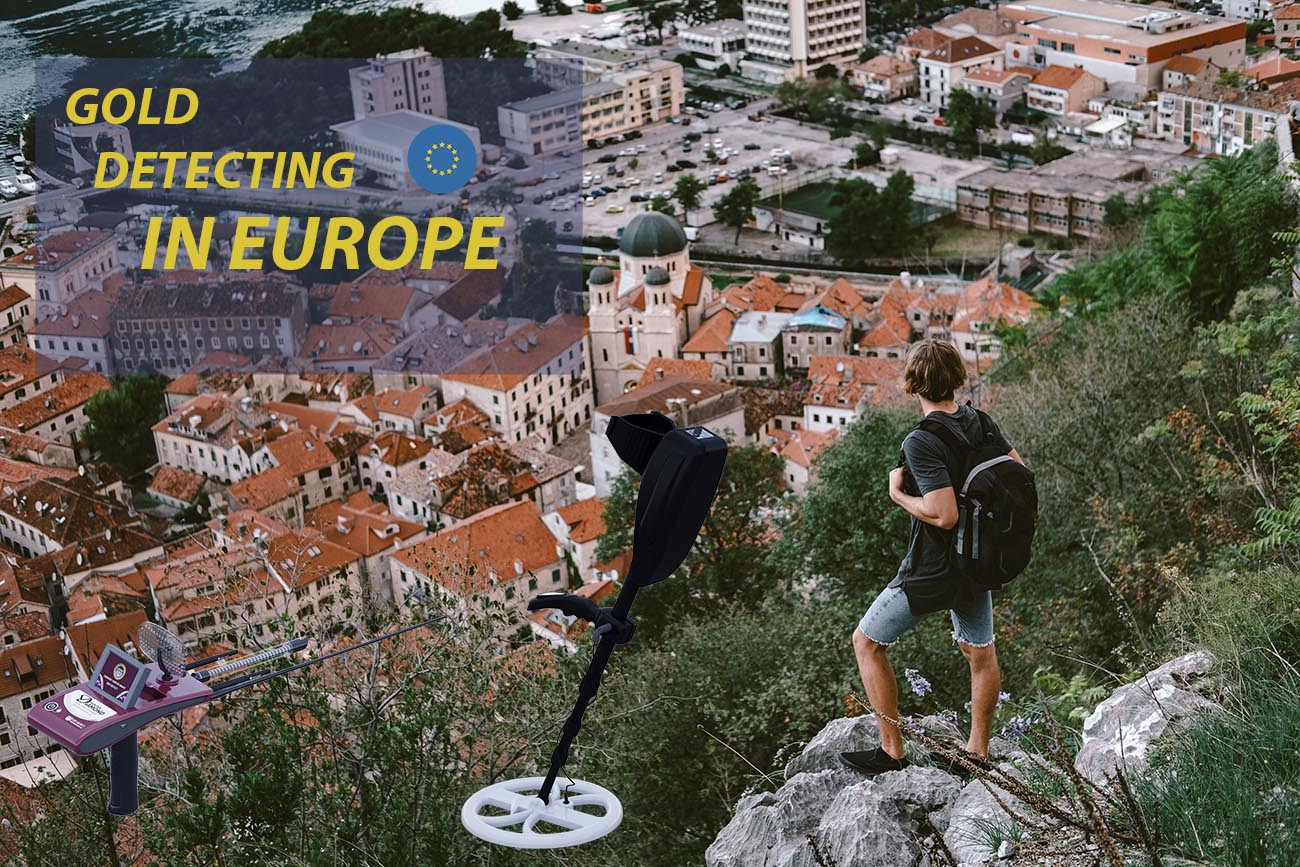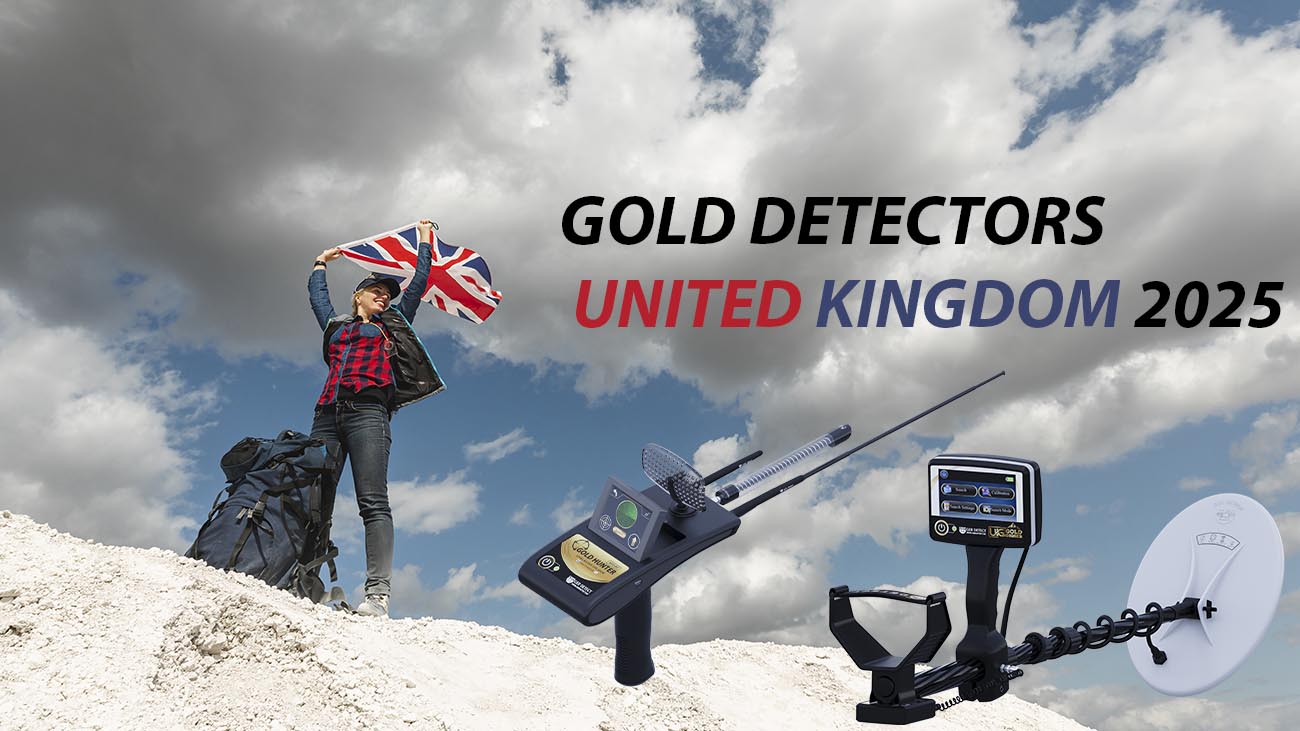Blogs
Metal Detecting State Laws in USA part 3

Table of Contents
Metal Detecting State Laws in USA part 3
In this article we will continue talking about USA State laws about Metal detectors
If you missed part 1 you can click here to read it
Yes, and we also have part 2 Click here to read it
As it’s very important to understand each and every state laws before start digging and/or looking for New metal, gold and treasures to begin your journey in making money with our professional detectors
Also, If you want to know more about Metal Detecting in USA Click here
You want to know more about Federal Laws in the USA Click here
Metal Detecting State Laws in USA part 3
Metal Detecting in Nebraska
Nebraska presents significant challenges for metal detector enthusiasts. While some opportunities exist, understanding the state’s strict regulations is paramount.
Beachcombing: Limited to specific sandy beaches, metal detecting is permissible in shallow waters with explicit authorization from local authorities. These permissions often include detailed restrictions.
Public Lands: The use of metal detectors is generally prohibited in Nebraska’s state parks. Carrying one, even without use, can result in legal consequences.
Local Laws: Always prioritize checking local ordinances before venturing out. Regulations can vary widely between municipalities.
To sum up, metal detecting in Nebraska requires thorough research and adherence to local rules. Disregarding these regulations can lead to fines or equipment confiscation.
Metal Detecting in Nevada
Nevada presents a complex landscape for metal detector enthusiasts. To legally explore public lands, a written permit is mandatory. This requirement underscores the state’s commitment to protecting its historical and cultural heritage.
Important exceptions: Designated landmarks and historical sites are off-limits to metal detectors. While mining areas might seem promising, specialized permits are essential for metal detecting activities in these regions.
Metal Detecting in New Hampshire
New Hampshire offers a more relaxed approach to metal detecting compared to other states. State parks, picnic areas, playgrounds, and beaches are generally open to metal detecting enthusiasts.
However, it’s crucial to exercise caution. Always obtain explicit permission from local authorities or site management before commencing any metal detecting or digging activities. This proactive step helps ensure compliance with specific regulations and protects the area’s historical and environmental integrity.
Metal Detecting in New Jersey
New Jersey’s metal detecting laws present a varied picture for enthusiasts. While many public areas are open to metal detecting without requiring a permit, specific restrictions apply to protected lands.
State and national parks mandate explicit permission before metal detecting. This regulatory framework aims to preserve the historical and ecological integrity of these areas.
It’s essential to research local ordinances and contact park authorities for detailed guidelines. By understanding and adhering to these regulations, metal detectorists can explore New Jersey’s diverse terrain responsibly.

Metal Detecting in New Mexico
New Mexico presents a challenging environment for metal detector enthusiasts. While the possibility of obtaining a treasure hunting permit exists, the state law offers limited clarity on permissible detecting areas. This ambiguity often leaves hobbyists uncertain about where they can legally pursue their passion.
Strict prohibitions are in place for tribal lands and burial grounds, emphasizing the state’s respect for cultural heritage.
To navigate the complexities of New Mexico’s metal detecting laws, thorough research and local knowledge are essential. It’s advisable to consult with state agencies and relevant tribal authorities to gain a clear understanding of permitted areas and potential restrictions.
Metal Detecting in New York
New York State presents a complex regulatory environment for metal detecting enthusiasts. The permissibility of metal detecting varies significantly based on location, from specific parks and beaches to broader regions.
While a general rule requires a permit for metal detecting activities, there are notable exceptions. For instance, Central Park explicitly prohibits metal detecting. Conversely, some sandy beaches are more accommodating, often granting permits upon request.
To avoid legal issues, it’s crucial to obtain specific permission from local authorities or park management before commencing any metal detecting activity in New York. This diligent approach ensures compliance with local regulations and protects historical and environmental resources.
Metal Detecting in North Carolina
North Carolina presents a varied regulatory landscape for metal detecting enthusiasts. While some beaches welcome treasure hunters, the rules for parks and specific locations can be restrictive.
Beachcombing: Certain North Carolina beaches permit metal detecting, offering opportunities for finding hidden treasures. However, it’s essential to verify local regulations as restrictions can vary.
Park Regulations: To search for lost personal items in North Carolina parks, a permit is often required. However, searching for treasure is generally prohibited.
Strict Prohibitions: Nags Head beaches explicitly ban metal detecting, highlighting the importance of checking local rules before heading out.
To summarize, understanding and adhering to North Carolina’s metal detecting laws is crucial for a successful and lawful experience. Always research specific locations before starting your hunt.
Metal Detecting in North Dakota
North Dakota presents significant limitations for metal detector enthusiasts. The state generally prohibits the use of metal detectors for recreational purposes, including treasure hunting. This restrictive stance is primarily due to the protection of historical and archaeological sites.
While some state parks may grant limited permission to use metal detectors for recovering lost personal items, digging is typically prohibited. These restrictions are in place to preserve the state’s cultural heritage.

Metal Detecting in Ohio
Ohio offers a complex regulatory landscape for metal detector enthusiasts. While some public areas, such as beaches and state parks, permit metal detecting, obtaining specific permits from local authorities is often mandatory. These permits typically have expiration dates and may cover multiple locations.
However, it’s crucial to remember that regulations can vary widely between different cities, counties, and parks. Even with a general permit, always verify specific rules for your chosen location before starting your search. Failing to comply with local ordinances could result in penalties.
To ensure a legal and enjoyable metal detecting experience in Ohio, thorough research and adherence to local guidelines are essential.
Metal Detecting in Oklahoma
Oklahoma imposes strict regulations on metal detecting. A permit is mandatory for using a metal detector on any public land, including state parks. This requirement is in place to protect the state’s historical and cultural resources.
Historical sites are completely off-limits to metal detecting activities.
To ensure compliance with Oklahoma’s metal detecting laws, it’s essential to obtain the necessary permits and respect designated restricted areas.
Metal Detecting in Oregon
Oregon offers a mixed bag for metal detector enthusiasts. While beaches are generally open for recreational metal detecting without a permit, exploring state parks requires specific authorization.
To search for treasures in Oregon’s state parks, a permit is mandatory. This regulatory framework helps protect the state’s historical and natural resources.
It’s essential to understand these distinctions to avoid legal issues. Always check local regulations before embarking on a metal detecting adventure in Oregon.
Metal Detecting in Pennsylvania
Pennsylvania offers a varied landscape for metal detecting enthusiasts. While treasure hunting is possible in certain parks with prior permission from local authorities, beach access is more restricted. Metal detecting on Pennsylvania beaches is often limited to specific days, and regulations can change.
It’s crucial to note that digging up relics or items of cultural significance is strictly prohibited throughout the state. These restrictions are in place to protect Pennsylvania’s rich history and cultural heritage.
To avoid legal issues, always obtain necessary permits and adhere to local regulations when metal detecting in Pennsylvania.
UIG detectors is here to assist you in finding your next Gold treasure and choosing the fit gold detector for you.
Register today to receive a free consultation, and our specialist will help you find your next gold detector.

Other Articles that may interest you
FAQ
Do I need a permit to metal detect everywhere in the USA?
No. Metal detecting laws vary widely by state and even by location within a state. Some states require permits for public lands, while others have more relaxed regulations. It’s essential to check specific regulations for the area you plan to search.
Are there any places in the USA where metal detecting is completely prohibited?
Yes. While many areas allow metal detecting with certain restrictions, there are places where it’s strictly prohibited. National parks, historical sites, and some state parks often have bans in place to protect cultural and natural resources. It’s crucial to research specific locations before you start your search.
What should I do if I find something valuable while metal detecting?
Laws regarding found items vary by state. It’s important to understand the legal implications before claiming any valuable objects. In some cases, you might need to report your find to local authorities. Always respect local laws and regulations.



